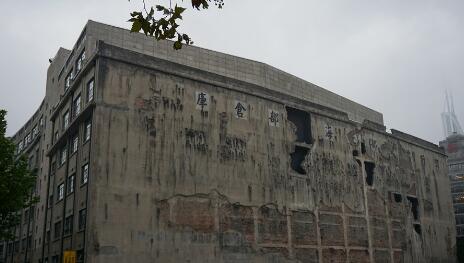China’s graft watchdog exposes corruption in poverty relief
China’s top disciplinary watchdog has named a number of grassroots officials implicated in abuse of poverty relief funds.
The nine cases involve dereliction of duty, embezzlement of poverty relief funds and theft of allowances for house renovation, according to the Communist Party of China (CPC) Central Commission for Discipline Inspection (CCDI).
In one case, Long Zuoshi, former Party chief of Jile Village in Hunan Province, was stripped of his CPC membership for stealing 81,800 yuan (12,300 U.S. dollars) of poverty relief funds and abusing his power to help another villager illegally obtain 100,000 yuan. Long’s case has been transferred to judicial organs.
Xiao Guangliang, head of the agricultural cooperative society of Fenghuang village in Guizhou Province embezzled 150,000 yuan for his personal use and hosted banquets using public funds, among other violations, from 2014 to 2016. Xiao was stripped of his CPC membership and his case has been transferred to judicial organs.
The CCDI ordered harsh punishments for officials implicated in misuse of poverty relief funds.
China has set 2020 as the target year to complete the building of a moderately prosperous society, which requires the eradication of poverty.
